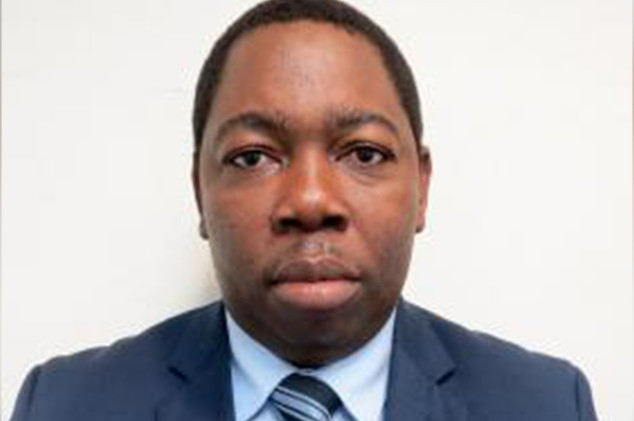
Sylvestre Compaore Burkina Faso – West Africa diplomat shielded by diplomatic immunity after beating employee accusation. How much protection should a government operative be availed?
A West African official accused of beating his NYC employee with a broom and then binding her wrists before taking her to get help — was not arrested because he has full diplomatic immunity, according to police and sources.
The diplomat — Sylvestre Compaore from Burkina Faso — allegedly assaulted a 22-year-old woman Saturday last week, according to police sources.
The diplomat then bound her hands together before taking her to Harlem Hospital, according to the NYPD.
The alleged victim, who said she worked for Compaore, was treated for cuts and bruises and later released, police said according to a report via the nypost.
The suspect was not arrested because he had full diplomatic immunity, the NYPD said, with intelligence services instead alerted to the allegations, according to the sources.
Compaore’s listing on the UN website prominently notes his ‘Diplomatic Privileges and Immunities.’
The suspected beating raises the often held claim that diplomatic immunity allows for rampant abuse by visiting government officials – who along with their deputies and families are protected from having to face domestic crime & punishment in many areas of host nation- including assault, theft, or even murder charges.
One particular case that has raised fissure in a reciprocal system intended to protect envoys is that of an American official who escaped having to face consequences in the UK following a 2019 fatal road accident involving motorcyclist Harry Dunn.
Notes a Lowly Lowy institute report: ‘The rationale for immunity, for both diplomats and their families, is simple and fundamental: to protect the envoy from any interference in the performance of his or her functions. Politically motivated prosecutions are of particular concern, and examples abound in many countries of government critics and political enemies facing clearly trumped-up charges of sedition, fraud, corruption, and even treason.’
But should such protection extend to actions of a personal behavior and actions of government operatives?
Burkina Faso’s permanent mission to the UN has to date not responded to media overture for comment.





